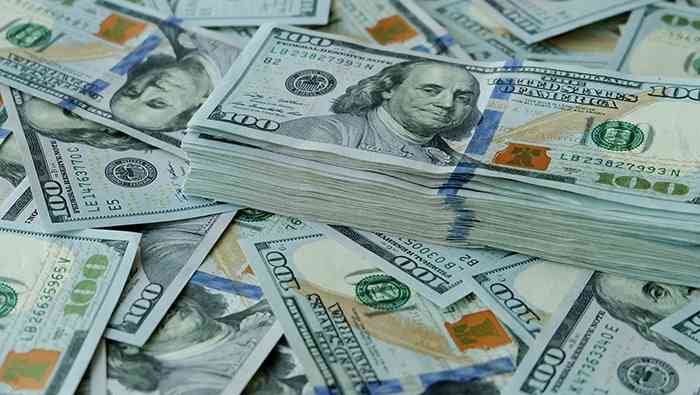
FOREIGN investors continue to lower their interest on the local capital markets, with investor participation on annual value traded averaging 3%, due to policy inconsistency and inflation, leading research firms have said.
Fincent Securities said policy inconsistency and regulatory risks continued to be the main impediments which restricted foreign investors from participating in the local capital markets.
It said a surge in the All-Share Index simply mimicked the movements in the parallel market exchange rate, as the markets continued to be heavily influenced by macroeconomic indicators instead of fundamentals.
“This also led to an exodus by other investors into alternative investments and to escape the volatility of the local currency denominated bourse,” Fincent said in its report, 2024 Market Outlook: Seeking Stability Amidst Uncertainties.
The firm said challenges in repatriating funds, worsening economic outlook for businesses and the regulatory risk had adversely affected the investment outlook.
“The decade before 2023, an average of 34,5% of foreign investor participation on the ZSE with a peak of 63% was recorded in 2014 preceding 60% foreign investor participation of 2013, a period of inclusive government when there was stability in our economy,” it said.
“The statistics have since been downsizing from 2015 to date with 7% and 3% foreign investor participation on annual value traded recorded in 2022 and 2023, respectively.“In 2024 we do not expect foreign (investor) participation to improve, especially from the existing foreign contingent but a market this cheap could attract a different set of investors, ones who buy in depressed markets.
“Local investors to the extent that they have cash are most likely to favour equities in 2024 upon a turnaround of events.”Fincent added: “We foresee an improvement of foreign investors’ participation only when there is reduction in regulatory risk and when the gap between the auction rate and parallel rate converges to reasonable levels.
- Tarakinyu, Mhandu triumph at Victoria Falls marathon
- BCC, HCC adopt results-based ambulance services
- Water rationing looms in Bulawayo
- Building narratives: Chindiya empowers girls through sports
Keep Reading
“We have been recording ground-breaking levels of capital flight from our local bourse, about an average of 27% of our total annual turnover left the country in the past five years alone.”
EFE Securities said the market activity in 2023 was stimulated by local shareholders who claimed most of the purchases and disposals over the year.Domestic investors accounted for 93% of the demand on the market while equities selling by the same claimed 69% of the sales aggregate.
“Foreign investors continue to lower their interest in the local market due to currency policy inconsistency and inflation within the country,” the firm said.“Resultantly, foreign investors lack confidence in the local market which has led them to reinvest in other countries. Foreign sales accounted for 31% as investors from outside the country continue to lose their value on waning exchange rates.” It said in a report, Zimbabwe’s 2024 Crossroads: Steering Through Drought, Inflation and FX Volatility.
According to the EFE Securities report, market capitalisation closed at US$2,85 billion (ZWL$16,8 trillion) in 2023 from US$1,96 billion in 2022 at the foreign exchange auction rate of ZWL$5 903,4.
However, based on the widely used market alternative rate of ZWL$11 500 as of December 31, 2023, the market capitalisation closed at US$1,46 billion as values continued to be eroded.
Delta had the largest market cap of ZWL$4,58 trillion, followed by Econet which ended the year at ZWL$2,53 trillion.The firm said Zimbabwe Stock Exchange (ZSE) overcame a sluggish start to 2023 to end the year with modest gains of 22% in real terms, despite the challenges that persisted during the year.
“The ZSE saw low trading activity amid liquidity issues in the second and third quarters of 2023, weighing in on performance of the bourse. However, the market rebounded in the final quarter of the year, buoyed by resilient consumer and industrial stocks,” it said.
“Prudent stock selection allowed some investors to achieve good returns throughout the year, especially mid cap counters that outperformed heavy cap counters.”The ZSE continued to face exodus of companies during the year as some crossed to the Victoria Falls Stock Exchange, where there is stability and certainty while GetBucks delisted after failing to reach the capital threshold stipulated by RBZ.
CBZ was also active during the year as it acquired substantial chunks in First Mutual Limited and First Mutual Properties.






